Long ago, when I first started my blog back in 2010, things were simpler. There was no Pinterest, there was no Instagram. There were no emails from companies wanting to work with me as an influencer. In fact, the whole concept of an ‘influencer’ wasn’t even something bloggers thought about. I wrote stuff about our house, my pictures were decidedly terrible but it didn’t matter. I wrote my blog because I wanted to, because I loved interiors and wanted to meet other people who loved it too. There were no pressures of reaching certain numbers, there were no ‘big gigs’ to be had. There was a comment box but I had so few visitors at the time that I actually became friends with those who were leaving comments on a regular basis.
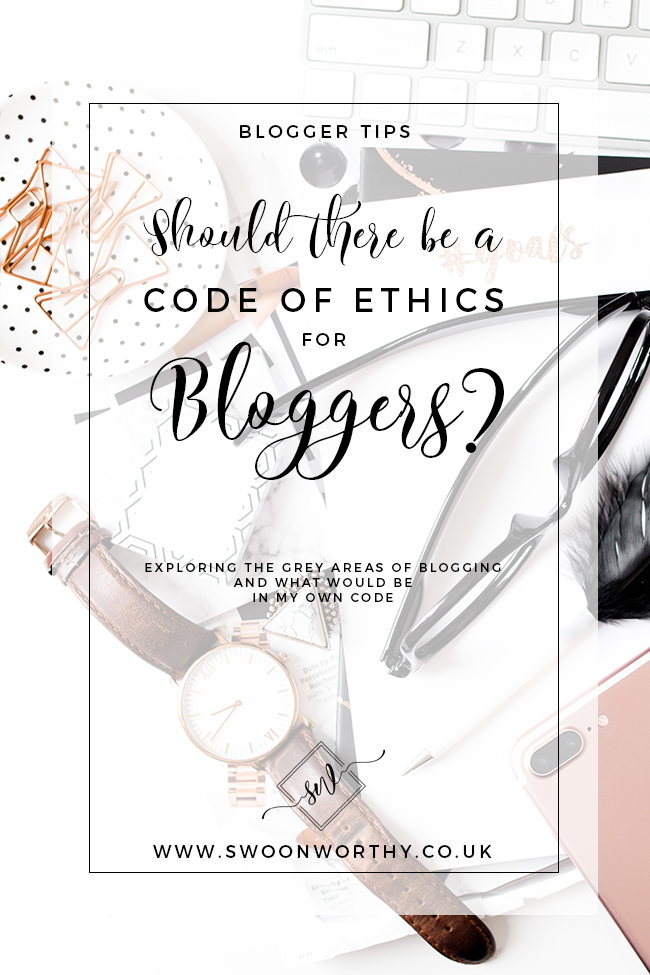
Since then, the whole concept of bloggers and influencers has gone through a radical change. I saw many of those first blogs I followed long ago fall to the wayside as people decided the hustle and bustle of keeping up a blog was just too much (understandable) and they didn’t like where blogging was going. As blogs grew and the bloggers at the heart of them began to be recognised, those with the largest followings and the most professional looking websites started to get noticed. The whole world of blogging changed in what felt like an instant.
Suddenly, numbers were everything and with the rising of social media, bloggers couldn’t get away with just a Twitter account or a Facebook page. They had to be seen across all of the platforms, active 24/7, regularly churning out content and keeping up with comments and followers. They had to embed themselves in the community and appear at all the various events taking place. Those who did this successfully could suddenly command good money for simply talking about a brand.
I think when money comes into anything, there are always going to be those who learn quickly how to take advantage of that situation. Many realised that blogging could actually be profitable and the more they work the system, the more money they make.
Now, there is absolutely nothing wrong with this. I make money on my own blog (see my no-holds-barred views on how I earn a living here) and I think bloggers deserve to be paid for their work. The problem stems from the fact that blogging is essentially an unregulated industry. The blogosphere is huge – from small hobby bloggers to huge superstars with almost celebrity-status. We all sort of bumble along, self-regulating, trying to figure out what’s best, deciding for ourselves what we would consider ‘ethical’ and what we might not.
The problem, of course, stems from the fact that everyone has different views on what is ethical and what is not. Some will simply go by whether something is actually legal or not. So, for instance, you won’t break laws if you buy your followers on Instagram and as a result, have companies who want to pay handsomely to advertise their wares on your Instagram account. But is it ethical? Personally, I don’t think it is. In other cases, some may just flaunt the actual law on certain things such as disclosing a sponsorship or not bothering to properly credit their images, hoping they just won’t get caught. They may feel happy to tell everyone how great this diet tea is when it doesn’t actually do a thing but not saying it’s a paid promotion will get you in hot water with the ASA and you’ll lose trust from your readers.
I believe that there is a certain responsibility that comes with any following of any kind. If I was to write my own code of ethics, this is essentially what would be in it. These are standards I hold myself to personally. They may not be for everyone (especially for those which are seen as a ‘grey area’) but they are certainly what I try to always do:
Using Correct Attribution
Note: This is not something that is optional and is, in fact, regulated by Copyright Laws within your own country so you have a legal obligation on your blog – no matter how small – to follow any and all copyrighting laws.
There is nothing worse than seeing a beautiful photograph on a blog and seeing the credit read, ‘via Pinterest’. Pinterest is absolutely NOT a source nor is Google. I no longer use images on my blog without proper credit to the original creator of that image and due to copyright laws, even that I rarely do. That credit could be a brand, a blogger or designer, a photographer, a website or a stylist. If I can not find the original source of the image, I don’t use it, simple as that. I also use stock photography on occasion which allows me to use copyright-free images for a small yearly rate or for free (it’s what you are seeing in this post!).
I try to create and use my own imagery as much as I can. I know how much goes into creating decent images for my blog and as such, having my own images go uncredited across the web is always disheartening. I lose out on traffic, I lose out on readers, I may even lose out in terms of blog revenue. It sucks when it happens to me and I don’t want to do that to anyone else either.
Always disclosing vested interests
Note: Another thing that isn’t optional. In the UK, this is regulated by CAP which is a part of the Advertiser Standards Agency.
I will always disclose whether something is sponsored or has been provided free for my review in the body of the post as well as at the end of the post. It is the law that any vested interest you may have in speaking about a product is clearly identified as such to your readers.
Not paying for traffic, followers, likes, comments etc.
I will not and have never bought followers, likes, traffic, comments, etc. I believe fully in growing organically and having an authentic audience who is actually interested in what I’m doing, not a bunch of bots just to make it look as though I’m popular.
Only working with brands I feel good about working with
I will never work with a brand that I don’t personally like or would never buy from. If I am approached by a company I am unfamiliar with, I will do my research to ensure I actually love what they do and feel comfortable and confident in recommending them to my audience.
Never accepting guest blog posts
It is absolutely a personal choice but for me, I don’t accept any guest blog posts on Swoon Worthy unless it is someone I know, like and admire. Random people emailing me about paying me to put their content on my blog (along with some sneaky links to companies) are just not my bag. People come to Swoon Worthy to hear my voice, not someone else’s and that is what you will always get here.
Not promoting products just because I’m being paid
I will never recommend or accept a product simply because I’m being paid to do so. I will only promote products I love and believe in.
Not copying other bloggers
I will never knowingly wholly or in part copy another blogger. I will often say if I was inspired by someone else and will give them proper credit for anything I do. I will not knowingly claim something is an original idea if it is not. I will not plagiarise another person’s words or images and claim them as my own.
Always stating opinions as such and not as facts
This blog in whole is based on my own life experiences and no one else’s. I am happy to provide my opinion on a great many topics but I respect and am happy to hear out opposing views to widen my own depth of knowledge and to better understand someone else’s life experience. Therefore, I will always strive to state that my experiences may not always be shared and will always provide factual information to the best of my ability.
Admitting When I’m Wrong
Let’s be honest. I’ve never been and will never be perfect. From time to time, I might just screw up and say something that’s not quite right, offends someone unknowingly or get my facts wrong. If I do and it’s pointed out to me, I will do my best to rectify the situation as soon as possible, correct my error and take responsibility for my own actions.
And now, I’d love to hear from you. What ethical standards do you hold yourself to? What would be in your own code of ethics? Do you think there should be a code of ethics for bloggers?
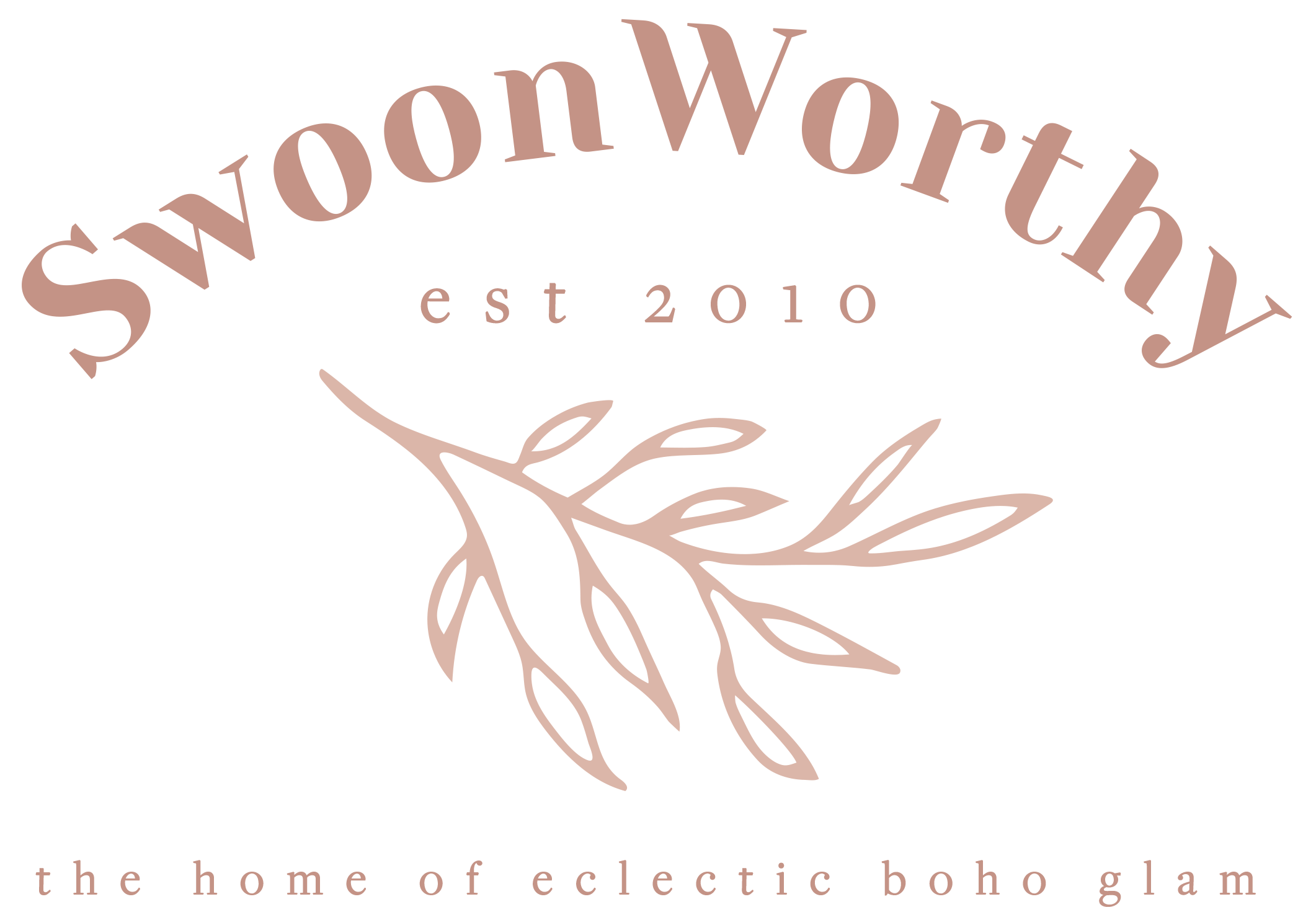
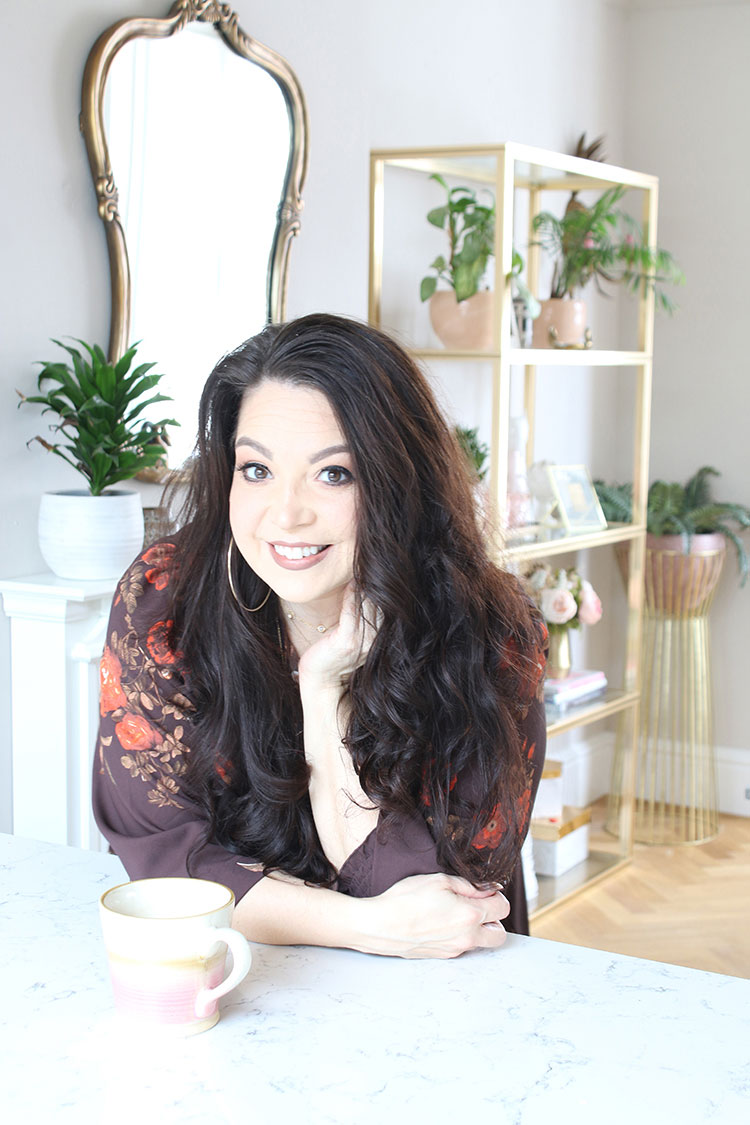



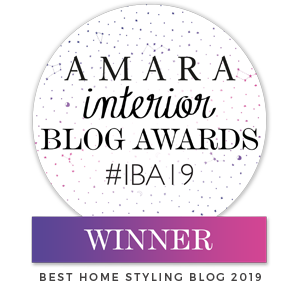
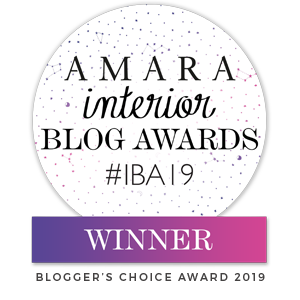
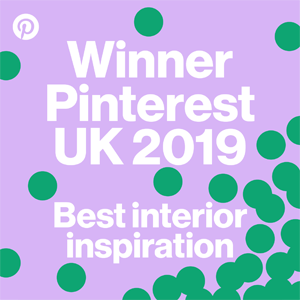

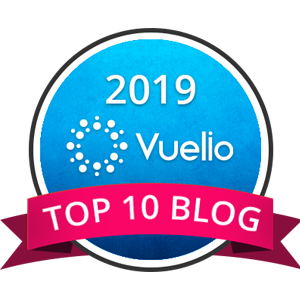

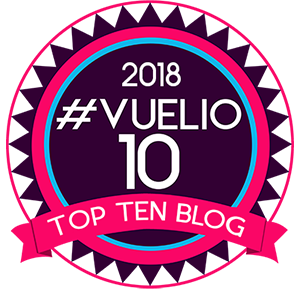


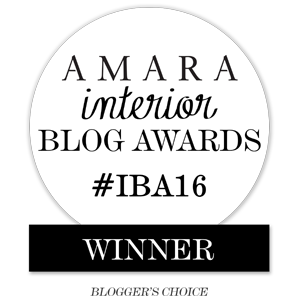
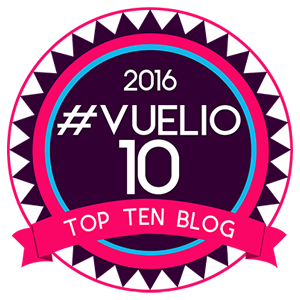


Bloggers not admitting that something they are raving about has been given to them or they are being paid to write about it is my biggest bug-bear. Or sometimes they do, but it’s in the smallest print, tucked away. It’s basically fraud. I also get annoyed when I see a company’s product press release cut and pasted into a blog. Lazy and just plain wrong.
Couldn’t agree more with every single point here (apart from the last one, I’m ALWAYS right!!! 😜). Seriously though, stealing images without crediting, not disclosing paid partnerships, working with companies from which I’d never usually buy…all these are things that give bloggers a bad name. Integrity has always been a really important thing for me and this carries right through to my “online persona”. Great post xo
I totally agree with you on all points. Especially about using other people’s images. I’ve been working as a free lance (fashion & interior) stylist for printed magazines and whenever our images were used by another magazine than the one that gave us the assignment, the photographer and I got paid for that. So actually I feel very uncomfortable with using images that are not my own, with exception of press pictures (with credit). By the way I find your blogs very
inspiring. xxx Anita
I think everyone can make & should make money – but, I have unfollowed more than one blogger over the years – who felt disingenuous – every other day it was another Advertisement – & @ times these clearly conflicted with earlier posts. ICK – is all I can say to that…. Kimberly thank you for your Awesome content!!! 😊
A to the Men, my friend! yes yes yes! i wish there was some way to regulate it because it sucks when other people take your images to make their own money- those blogs that do roundups or do “get the looks” and it’s not even their images make me cringe!
Can’t really comment as I go to the bogs more often than the blogs….in fact yours is the only one I follow because I like your taste and style, so just carry on as usual. I appreciate what you said though, still good honest guys around.
Yes to all, the main irk for me as a reader is people who suddenly can’t live without say, hypothetically, a brand of double-glazed window on their blog which only ever used to be about cheese! I find it intensely irritating.
Blogging sounds extremely hard work to me and yes bloggers should be paid, but as you say be consistent and upfront with your readers!
Thank you for this honest post Ms. Kimberly.
I’ve only been blogging a year and a half and immediately noticed this ugly side of blogging. My following is super tiny, and yet I’ve had my images (how ever mediocre they may be to me) lifted from my blog without permission and posted somplace else. Just last week, I discovered by happenstance that another blogger had been commenting on my posts and then 24-48 hours later, reposting the same content on her blog with subtle changes. Crazy.
I’ve lived and loved Interiors my entire life which is why I blog. As one who works as a permissions officer I know he importance of copyrights and FTC compliance, as well as the power of DMCA letters. I always -ALWAYS get permission IN WRITING before posting a round up. And as a result of this post, will add a huge caveat to the top of recent roundups to signal to other bloggers that I have done so. All I can do is set the example.
And while the money offered is a great perk. I’ve already explained and demonstrated to my readers that I am not a sellout blogger.
Thanks again for a great, well thought out post.
Thank you so much for this post. I have been trying to learn the basics of UK advertising law, as I dont want to get anything wrong. I have massive issue with bloggers that dont declare something as gifted or sponsored, as it almost feels like they are trying to mislead their readers. It leaves a bad taste. I also have a bug bear with bloggers that ONLY feature sponsored content, and never feature anything that is bought with their own money. Again, it makes me feel less trusting of them and their recommendations, which may not be fair, but I cant help it.
You inspired me to write my own Ethics Code on my blog! Great idea!!!!
These are great points Kimberly. I’ve come to practice all of them in the last few years and wish I had had a better understanding when I first started (there weren’t many resources to refer to back then). Now I’m going back through tons of posts to make sure they all abide by these standards. Ugh! Thanks for sharing your expertise! I’ve really been enjoying your “blogging tips” posts. xoxo
Well said! I love that you wrote your own code of ethics. More times than I can count I wanted to publish one for all bloggers, ha! Top of the list is certainly failed attribution. Lots of blogs, even mega blogs, appear to take advantage of their power and status and “forget” to properly tag. It’s unbelievable. Anyway, thanks for writing this perfect post!
To have regulations you need a “body” overseeing it and as there isn’t such a thing for blogging all we can continue to do is share ideas and the rules, do our research and abide by them. Being ignorant of laws is not an excuse. I’m still a very tiny blogger but I’m about to do my first post about a brand as I have been gifted something. I’m frankly terrified of getting it wrong! It’s a real minefield. Thanks for the post, great as always :)
I’m so loving this post! I’ve struggled so much lately and so much of what you’ve said is what I want to say.
Love your blog Kimberly… you are very genuine which is great as I feel I can always trust what you say!
Great post Kimberly – it read really well (as always) and you made some excellent points.
Being pretty new to this, I have found the blogging world a minefield of new information- and one I’ve had to learn to adapt to really quickly – so this is such a useful resource! I totally agree on all points – I too have seen my own images floating about the internet uncredited and it is really frustrating/upsetting.
Great post and glad to see you have similar ethics to me! It’s so hard to organically grow your following organically and I’ve had my blog since 2012 and still plodding along! Buying followers is one thing that should definitley be regulated more because it’s so unfair on everyone who is genuinely working hard without cheating!